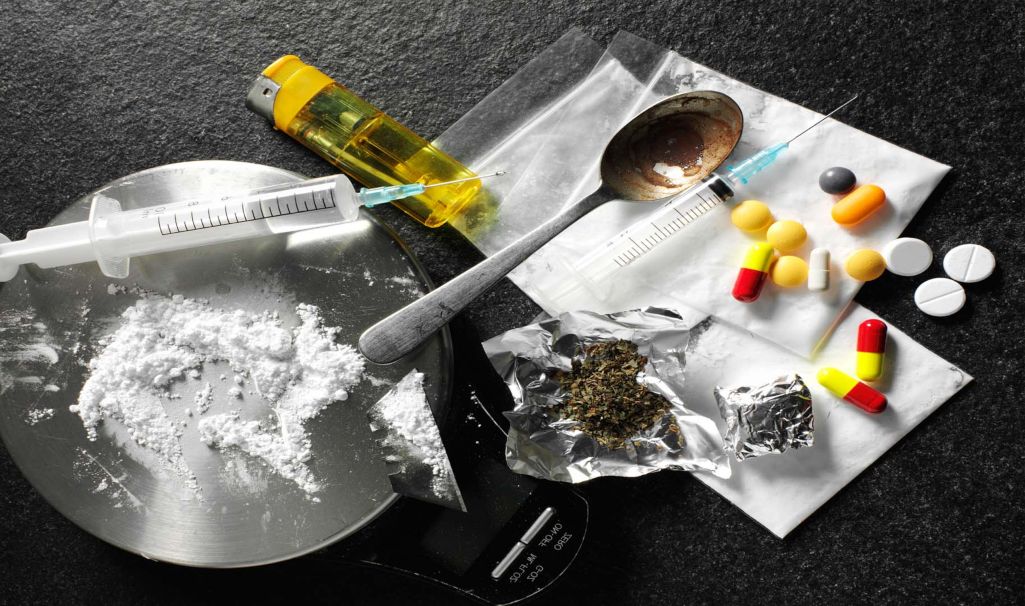Drug Driving
Home / Other Services / Criminal Lawyers & Traffic Lawyers / Drug Driving
Drug Driving: A Serious Offence In NSW
Section 112(1) of the Road Transport Act 2013 (NSW) (“the Act”) refers to the offence of the use or attempted use of a motor vehicle under the influence of alcohol or any other drug.

Section 112(1) states:
- A person must not, while under the influence of alcohol or any other drug:
- Drive a motor vehicle; or
- Occupy the driving seat of a motor vehicle and attempt to put the vehicle in motion; or
- If the person is the holder of an applicable driver license (other than an applicable provisional licence or applicable learner licence) occupy the seat in or on a motor vehicle next to a learner driver who is driving the vehicle.
Some useful definitions for this offence include:
- Drive – as defined in section 4 of the Act means the following:
- Be in control of the steering, movement or propulsion of a vehicle; and
- In relation to a trailer, draw or tow the trailer; and
- Ride a vehicle.
- Applicable driver licence – as defined in section 107 of the Act means the following:
- A licence (however described) issued under a law in force in any jurisdiction authorising the holder to drive one or more classes of motor vehicle on a road;
- A driver licence receipt for a licence referred to in paragraph a; and
- A foreign driver licence.
In order for the Police to convict you of this offence, they must prove the following elements:
- You were under the influence of a drug described in the Court Attendance Notice, or
- You were under the influence of drugs any one or more which was or were described in the Court Attendance Notice.
It is difficult to successfully defend this charge. However, should you wish to defend this charge, then it may be useful to obtain a pharmacological report to determine the exact amount of drug present in your system at the time of the offence. The report may assist in submitting to the Court that the quantity of drug in your system was so minimal that it could not have any significant effect on your driving ability.
Penalties
If you are found guilty of the offence, or you wish to plead guilty, then it may be important for you to complete the Traffic Offender Intervention Program in order to obtain leniency from the Court.
If a criminal conviction is recorded, then the maximum penalty for a first time offender is eighteen (18) months imprisonment, a fine of thirty (30) penalty units and an automatic licence disqualification period of thirteen (13) years.
If you are a second time offender and a criminal conviction is recorded within five (5) years of the first offence, then the maximum penalty is two (2) years imprisonment, a fine of fifty (50) penalty units and an automatic licence disqualification period of five (5) years. An interlock program then becomes mandatory following the expiry of your disqualification period.
Contact JB Solicitors today so that we may assist.
Looking For Lawyers Who Make A Positive Difference?
As lawyers, we sincerely uphold our responsibility of positively changing the community. We are passionate about making a positive difference and are inspired to work with like-minded people in making our community a better place.